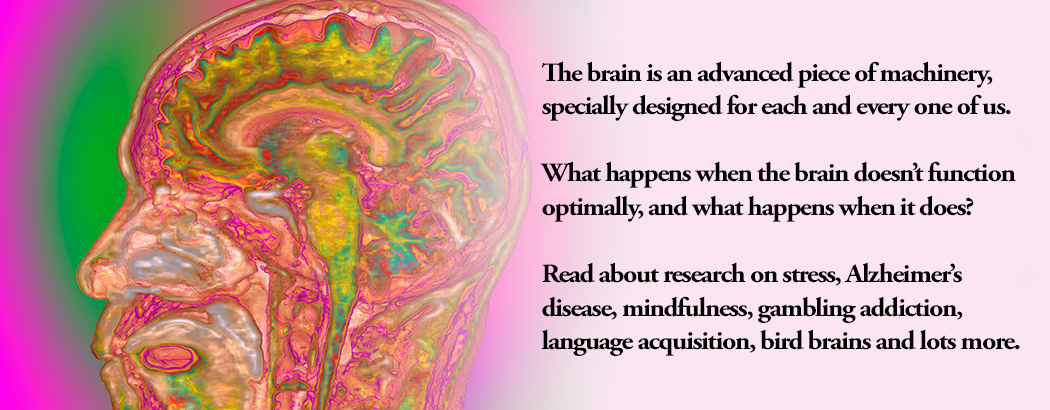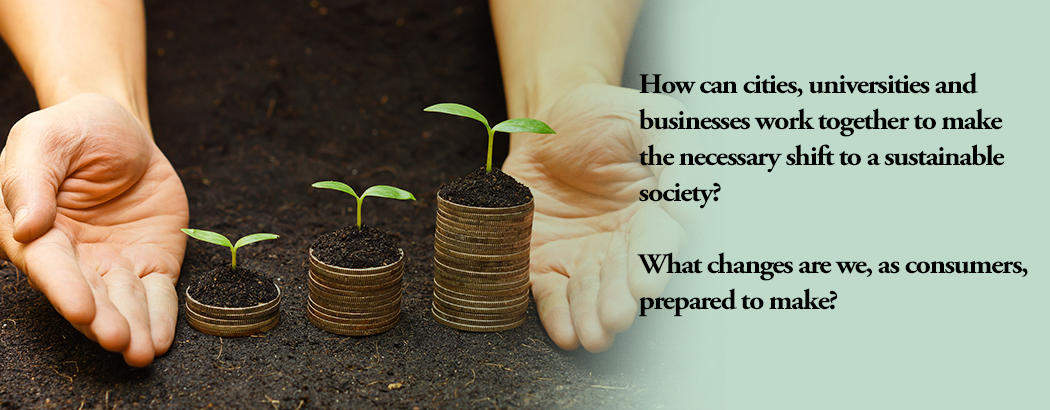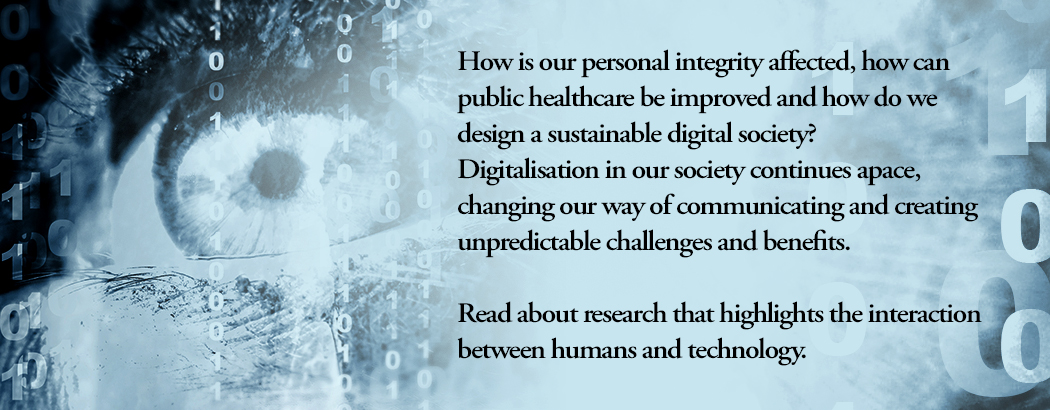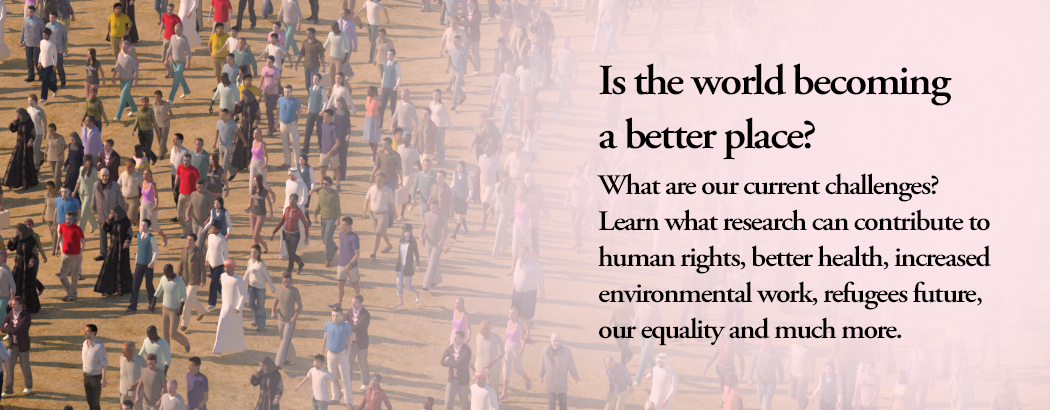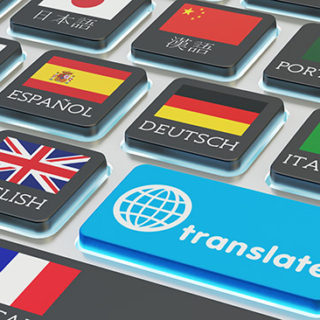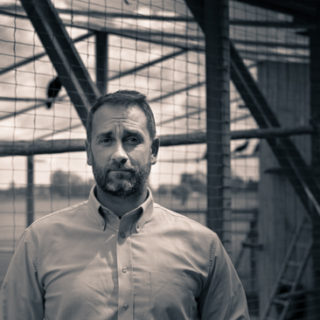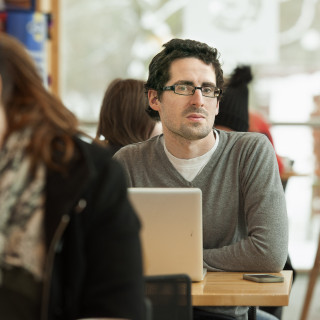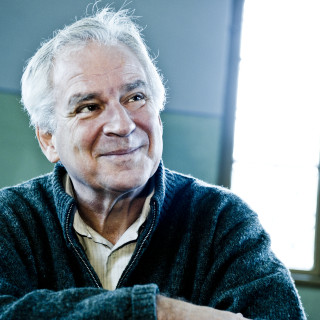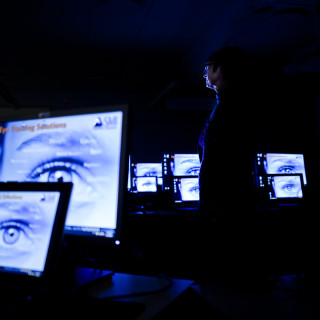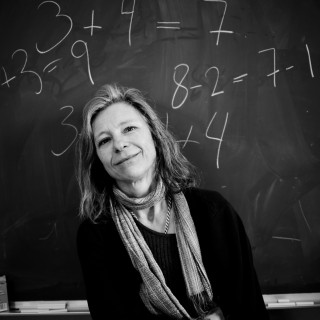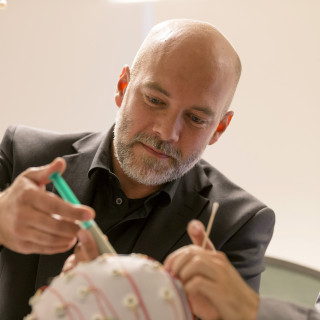Category: Language & learning
Today, we share our personal and professional memories to an increasing degree via various social media platforms. But how does this digital environment affect our individual and collective memory when the borders between the public and private, then and now, authenticity and manipulation, are being erased? This is what a...
Fighter pilots and interpreters are some of the most valuable assets of the Swedish Armed Forces. But rather than the physical exertion that fighter pilots go through, the acid test for prospective interpreters is in foreign languages. According to research from Lund University, this type of intensive language learning makes...
Our knowledge about the brain is still astoundingly full of question marks. We have yet to learn how memory and many functions of the brain are constructed, both in humans and in animals. The brain and its abilities have been studied in crows, among other animals. Historically, this type of...
Although progress has been made in the area of language acquisition research, contributing with new insights, many teaching methods are still based on outdated assumptions. This is why the Center for Middle Eastern Studies wants to adapt their language courses to better meet students’ needs. Rafah Barhoum and Helen...
Opinion by Marcin de Kaminski, doctoral student in sociology of law and internet researcher at Lund University 2013 Knowledge is capital. Or is it? One of the major questions of our time and for the future is, or should be, who owns the knowledge with which we surround ourselves. While...
One and a half seconds. In that time the packaging’s message must reach the customer if they are not to look away and choose a competing product from the supermarket shelf. By measuring customers’ eye movements, a research group at the Humanities Laboratory has discovered that we look at no...
Research at Lund University shows that the majority of us can argue for choices that actually contradict a decision we have just made. The phenomenon is known as choice blindness. Using tricks inspired by professional card magicians, researchers at Lund University have revealed that a lack of detailed thinking lies...
A good teacher has an in-depth understanding of his or her subject, is able to read the students and offers a lot of sensible feedback. If the teacher is also a good storyteller and gives the students control of their own learning, then this creates the optimal conditions for them...


